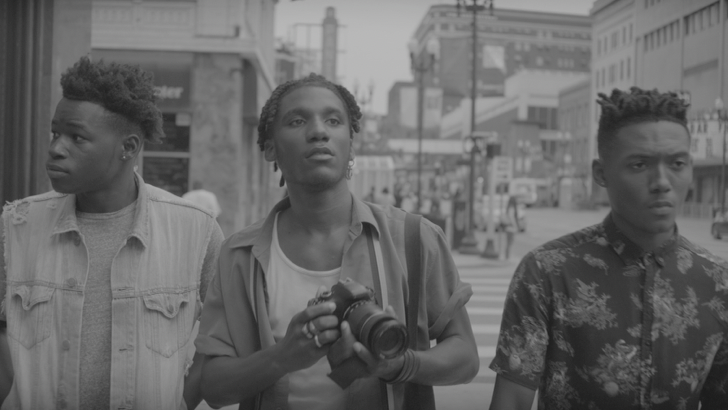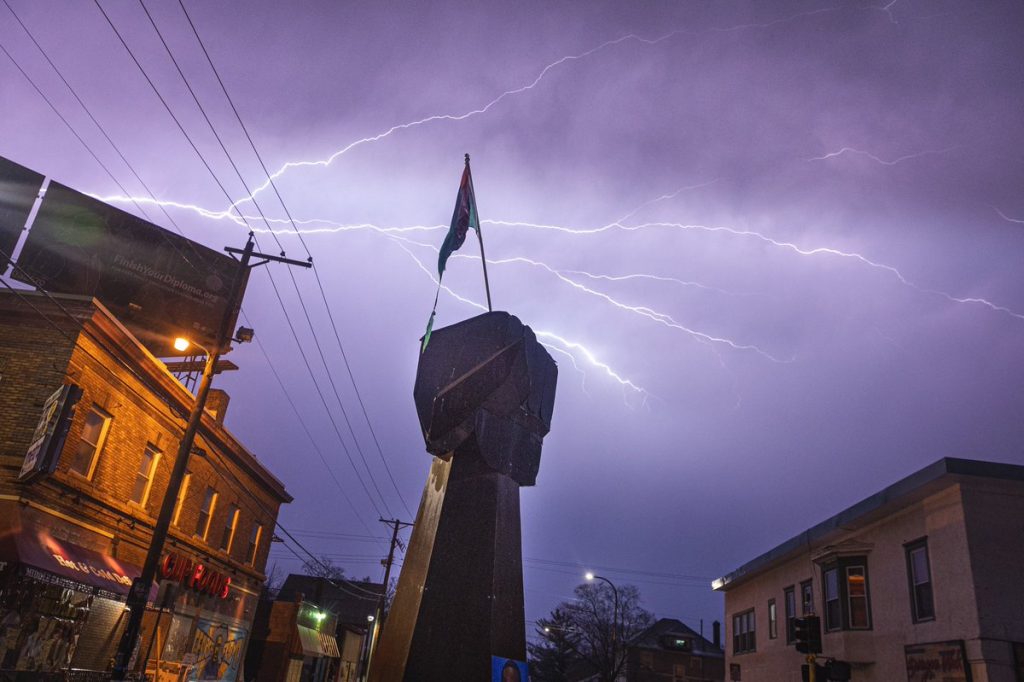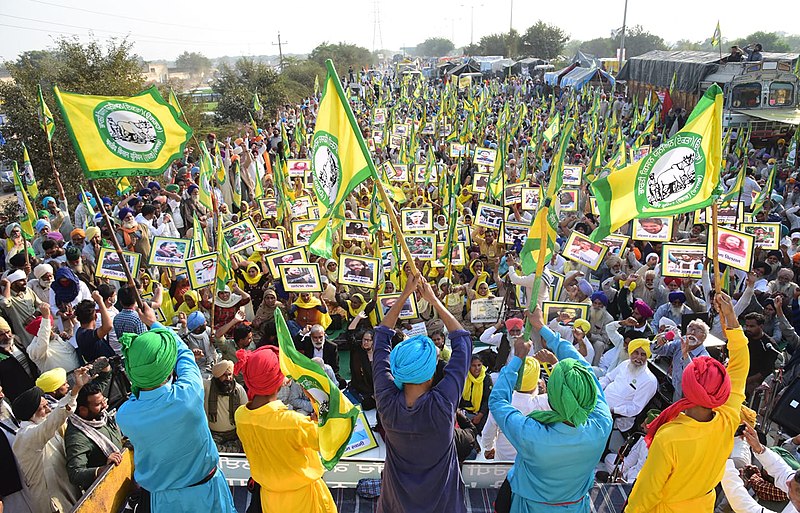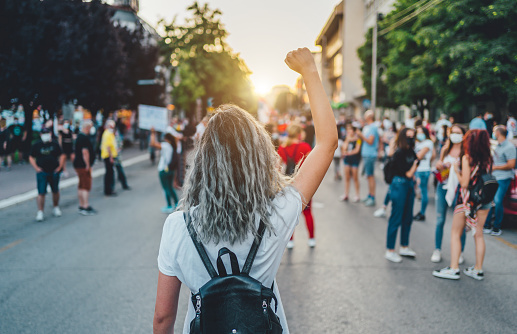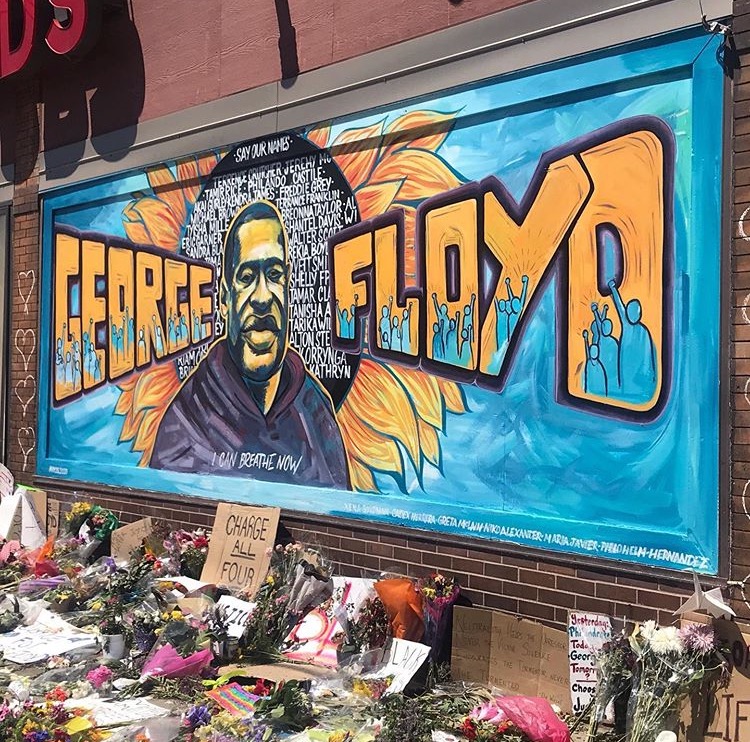Recently, I had the opportunity to attend the virtual Minneapolis-Saint Paul International Film Festival, specifically a showing of short films about activism. While I watched several shorts, it was the gut-wrenching work of Director E.G Bailey in his film “Keon” that still has me reflecting on anti-Black violence in the United States and the racial climate in Minneapolis.
